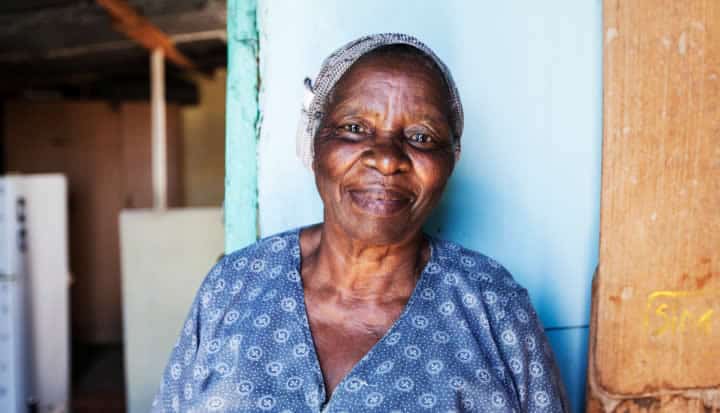Last month we marked 100 years of International women’s day and the question everyone wanted an answer to and still does I suppose is, “How have things changed for women in that time?”
For my part I have written several blog posts on the issue of women and gender equality to celebrate that milestone. This post is therefore a collection of those posts.
The series of posts start with the stories of women behind the products at Ethnic Supplies.
The women are producers and job creators as well leaders of other women. We all remember the genocide in Rwanda and the impact of that on the country. The women who survived that genocide have not only found a way to co-exist but under the leadership of Joy they revived their skills of weaving and today that guarantees them an income so that they can put food on the table amongst other things
The efforts to conserve ancient forests in Madagascar are dependent on women’s work. The women are rewarded by being able to draw an income from the forest in a sustainable way and their project leader is Eugenie
Flotea’s story is a typical example of why an agency such as Investment Climate Facility for Africa is required to streamline business processes in Africa. How does an SME grow a business when it takes 2 years to buy a piece of land?
When civil wars break out the most vulnerable are those that had no say whatever in the events that led to it and yes you guessed it is women and children. Read Sabina’s story to discover what can happen to women and children in a civil war
In this post I reflect on how things have changed or otherwise for women and conclude that an awful lot of work is still required to address the key challenges faced by women in Africa in particular and one such challenge is African Women’s reproductive health
The theme about women continued throughout the month and I found myself at a workshop organised by folk at VSO and Global Community links. The workshop explored gender equality and linking
There were some interesting statistics about gender at this workshop that made us stop and think:
- 66% of the world’s work is done by women
- 50% of the world’s food is produced by women
- Women only earn 10% of the world’s income
- Women only own 1% of the world’s property
- 28% of women in Arab countries participate in the workforce
- 1 in 5 women worldwide are likely to be victims of rape or attempted rape in their life time
- Men in Mexico devote 6 hours to household chores whilst Mexican women in paid employment dedicate an additional 33 hours to domestic chores
- Rwanda has the highest women parliamentarians in the world
At the same workshop we considered the role of the new UN agency for women, what do we want it to do for women. Is it even necessary?
And last but not least What can business do to support women’s rights in other countries? Is this even the role of business/should business get involved in the fight for women’s rights in other countries?
Have you got a view on anything I have raised here? If so please share it by leaving a comment











2 Responses
Ida, I have been following your work and you are doing extraordinary actions with heart and devotion. We are also working with Women Dairy Farmers in North Uganda in Setting a Milk Processing Plant. It is interesting for me to work with them and advocate for assisting where needed. This is going to allow small farmers to get a better access to the market. Again I admire your work and looking forward to collaborate as well.
Tonie
Hi Tonie- many thanks. Women are especially vital to rural economies. Keep up the good work